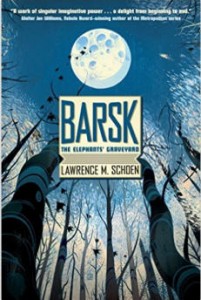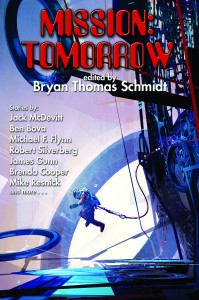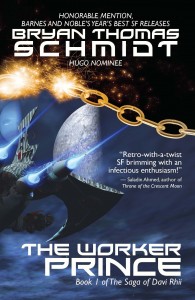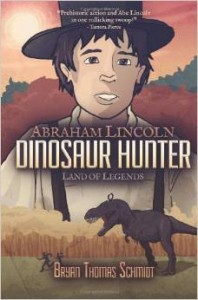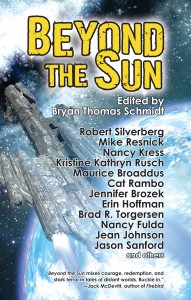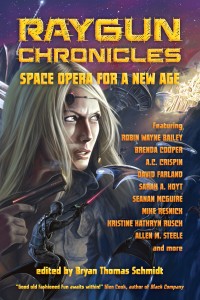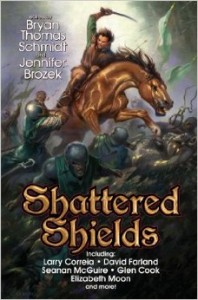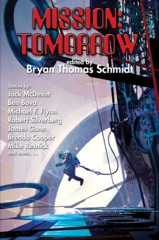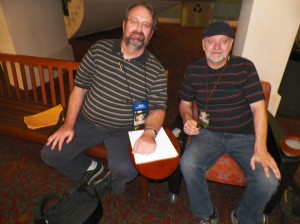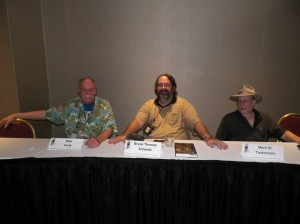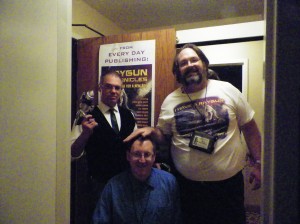 A recent Facebook post in a writing community I am part of got me thinking about using vernacular in fiction and writing. The post quoted from a 1987 Star Trek novel How Much For Just The Planet by John Ford which featured the following:
A recent Facebook post in a writing community I am part of got me thinking about using vernacular in fiction and writing. The post quoted from a 1987 Star Trek novel How Much For Just The Planet by John Ford which featured the following:
The poster’s comment was that this dated the fiction of a future universe by discussing video in tape format when that has now, many years before Star Trek is supposed to take place, become all but obsolete. And while this point is valid, I pointed out that the author was using vernacular in the 80s when discussing video playback commonly was referred to as tapes because that was the most common format. And authors, inevitably, are products of their time, even when writing far future stories. They struggle for balance between their imagined futures and worldbuilding concerns and communicating familiarly with readers in order to connect with them. This is where the use of Vernacular can be helpful at times. As we see from the example, however, it can also be limiting.
Now just to be clear we’re all talking about the same thing, the Oxford Dictionary online defines Vernacular as follows:
Language and dialect uses common terms that develop out of every day usage to promote unity and provide common reference and aid the sense of unity and community. Referring to video playback as tapes can be considered one of those. And for about twenty years, that vernacular was a broad common frame of reference for a great many people. The problem is that in the 2000s, tapes became almost obsolete. At first they merely stood alongside CDs and DVDs, but now they have been replaced by them entirely. With rare exceptions. Now, there was no way for John Ford to know this would happen, and the Star Trek TV series did have referring to playback of tapes as part of its worldbuilding because the TV writers didn’t anticipate it either, so in a sense he was writing within canon and established boundaries. But is that really an excuse? Shouldn’t he have anticipated the possibility that term would become outdated and avoided it just to be safe? Such was the argument of the person posting the example on Facebook, the problem I see is that in practical reality that creates close to impossible expectations for writers.
The fact remains that whatever you write, whenever you write it, you will always be a product of your time and so will your work. Anyone who wants to dig deep will be able to find from future perspective holes that date your material. It may be just an antiquated turn of phrase or, a word or two, or it may be something more glaring like technology that is outdated, but regardless, there’s virtually no way to make you work bulletproof from this occurring. You can make it hard for them, sure. There are many examples of older works that hold up so well they continue to amaze modern readers. But many more examples exist of older works that show their age with time. And the thing is there’s nothing wrong with that. I think it’s a mistake to be dismissive of something just because of small errors in anticipating future changes like this or modifications to vernacular. It doesn’t make vernacular any less useful a tool for communicating and connecting with readers. And it certainly doesn’t make the story any less powerful or effective unless you are so petty as to allow such minor glitches to do that.
My feeling is that none of this should make one avoid use of vernacular in writing stories, but it should inform it. But not more than it informs any other aspect of worldbuilding when it comes to futurism. Keeping material as non-dated as possible for future readers should almost always be given consideration when setting stories in the future, the only exceptions being perhaps stories that are particularly tied to historical events or specific dates in some way, thus requiring direct reflection of those periods. But this consideration should never be paralyzing for the writer. Doing your best to keep the story relevant and avoid it being dated by future generations is noble but not if it keeps you from writing well or telling the story you feel inspired to tell. In the end, no one can anticipate everything, because no one has the ability to accurately predict every aspect of the future down to language, vernacular, technology, and beyond. Even if you guess, you could get it wrong. And using future trends research can only take you so far as accuracy goes as well. When it comes down to it, you can only do what you can do and let the chips fall where they may, and that’s perfectly okay. As long as you do your best. No one can ask more of you, and you shouldn’t ask more of yourself.
For what it’s worth…


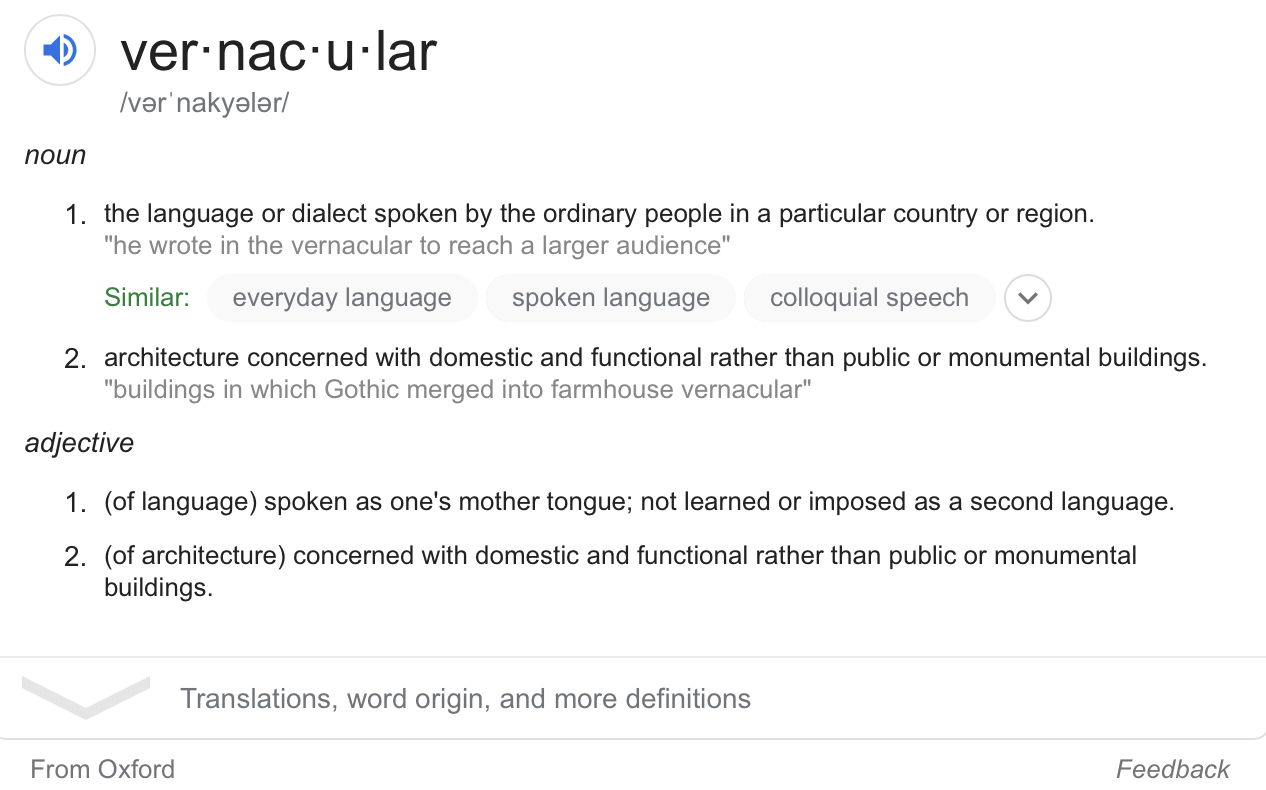
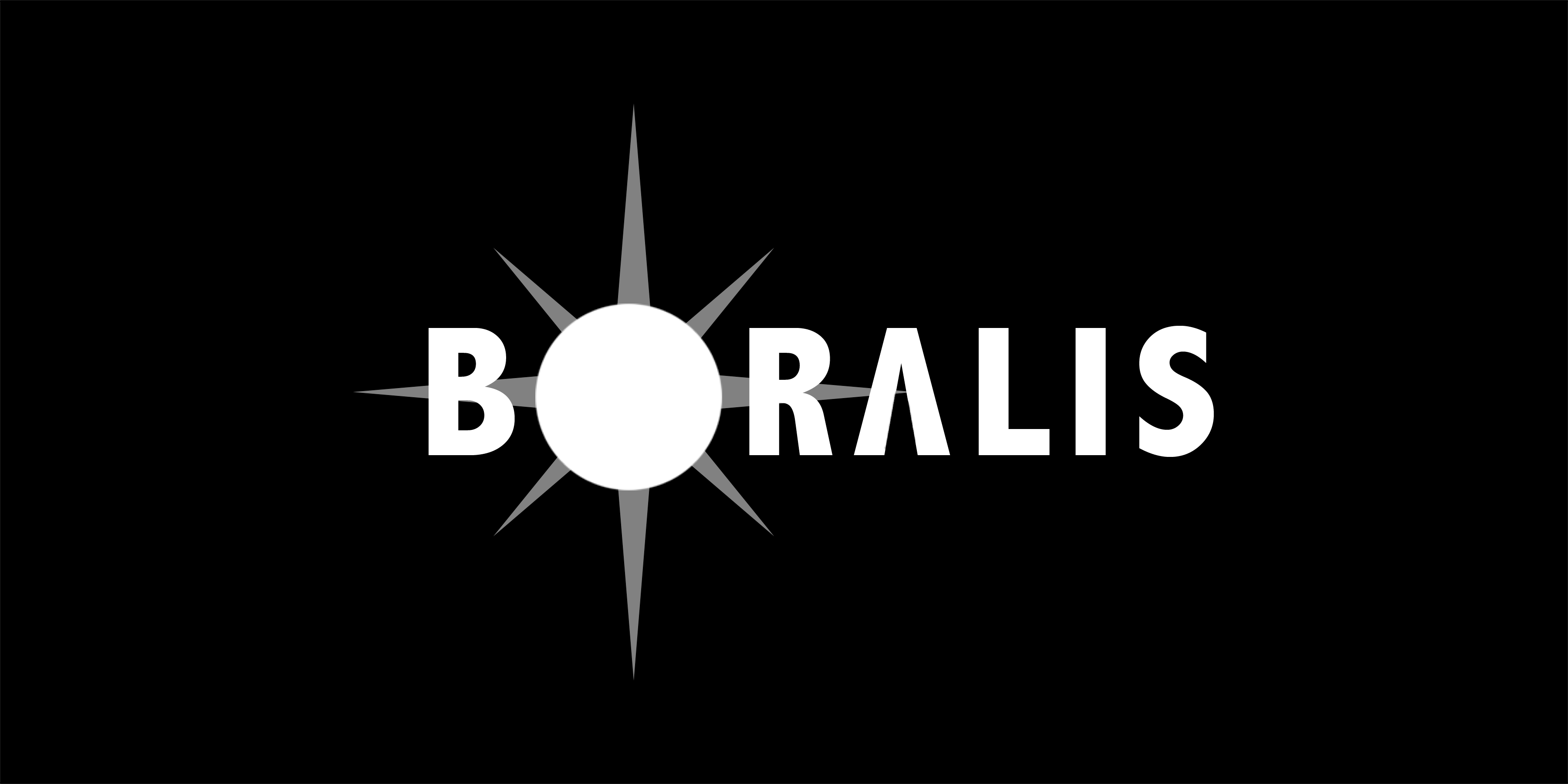 Some of you know I’ve been working on a new project with friends called Boralis Books. Boralis Books arose out of my frustration with New York publishing rejecting strong, well written page turners because they “didn’t know how to market them.” It’s happened to me several times and I know other authors have experienced the same frustration. So I decided to publish some novels myself, and to me, the best way to do it is to create a press and recruit staff—editors, proofers, designers—and try and put out quality product that rivals New York quality books.
Some of you know I’ve been working on a new project with friends called Boralis Books. Boralis Books arose out of my frustration with New York publishing rejecting strong, well written page turners because they “didn’t know how to market them.” It’s happened to me several times and I know other authors have experienced the same frustration. So I decided to publish some novels myself, and to me, the best way to do it is to create a press and recruit staff—editors, proofers, designers—and try and put out quality product that rivals New York quality books.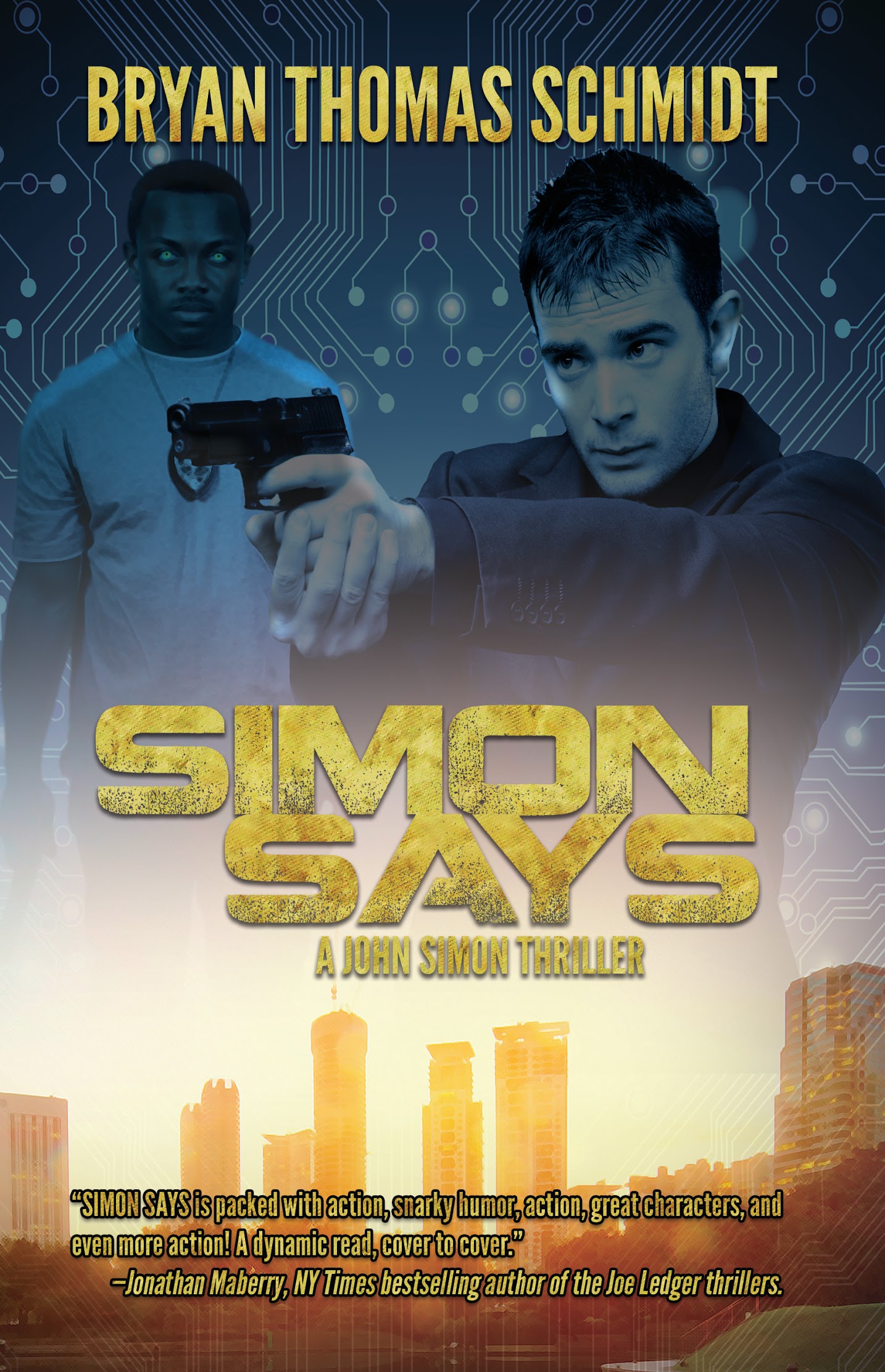 Meanwhile, we plan to publish both speculative fiction and mystery/thriller with a few others possibly mixed in. We hope you’ll check out what we’re doing. Our first release will be Simon Says, the firs in my John Simon thrillers, which is Bosch meets Lethal Weapon with robots. It’s filled with action, strong memorable characters and humor and set in 2029 Kansas City, with a tough Luddite cop teaming with an android witness to solve a nanotech crime and his partner’s kidnapping. Future books will follow.
Meanwhile, we plan to publish both speculative fiction and mystery/thriller with a few others possibly mixed in. We hope you’ll check out what we’re doing. Our first release will be Simon Says, the firs in my John Simon thrillers, which is Bosch meets Lethal Weapon with robots. It’s filled with action, strong memorable characters and humor and set in 2029 Kansas City, with a tough Luddite cop teaming with an android witness to solve a nanotech crime and his partner’s kidnapping. Future books will follow.